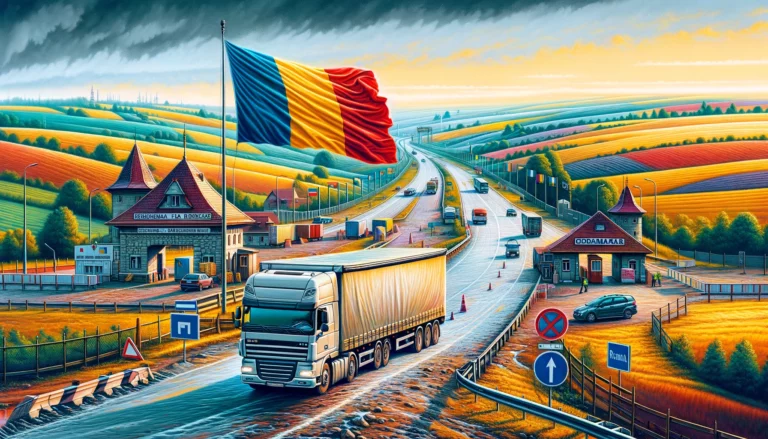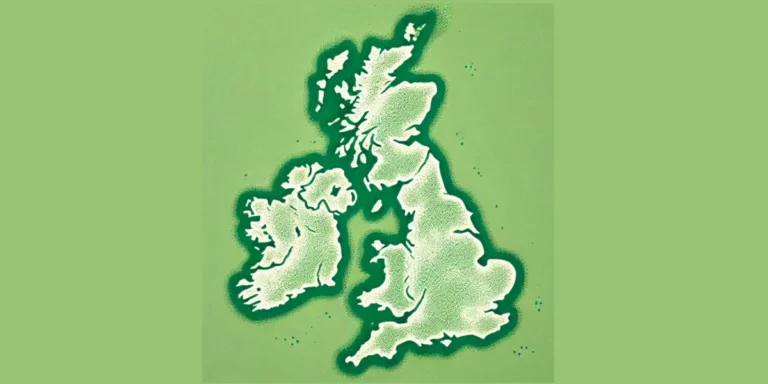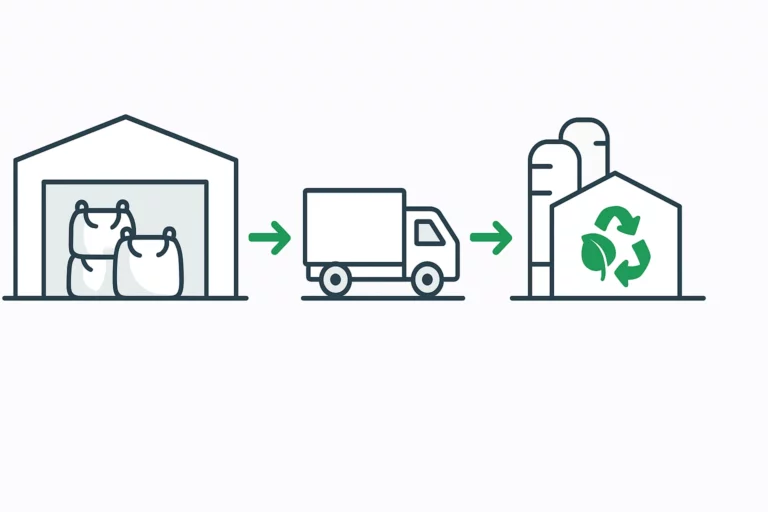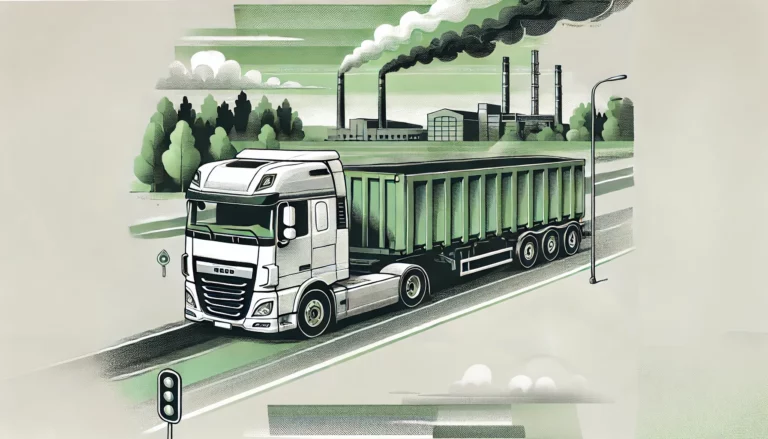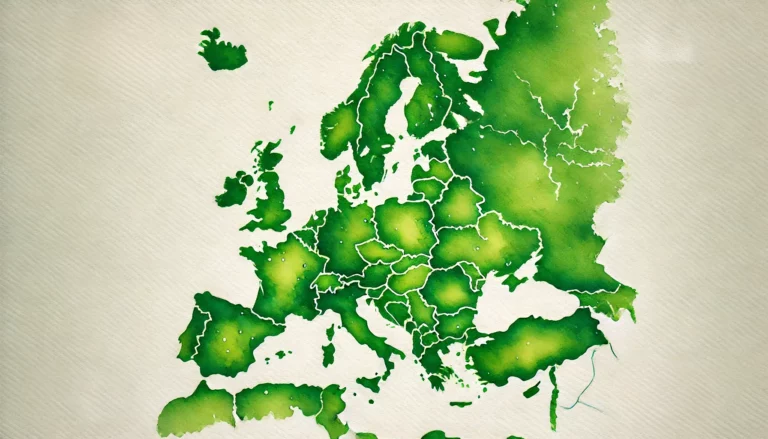Waste management in Italy

Italy faces a clear challenge in waste management. Particularly in the light of reports that identify Rome as one of the most neglected cities in Europe. Complicated legislation and insufficient infrastructure are just some of the obstacles to more effective waste management. Solving this problem requires cooperation at many levels - from local to international.
Italy, like other Member States of the European Union, has to comply with EU directives on waste, which are then implemented in national legislation. An example of this is the Testo Unico Ambientale, the Legislative Decree No. 152 of 2006. It is the key document regulating waste management and environmental protection. It is complemented by waste transport regulations, which require companies to have the necessary permits. This ensures the safe and legal shipment of waste. A key aspect of this is also the regulation on transboundary movements of waste, which imposes additional obligations on companies to protect the environment from illegal waste disposal.
Contact for an ALBO permit
e.nadolna@ekologistyka24.pl , +48 881 045 376
Waste management - problems in the Eternal City
Rome, with its rich history and cultural heritage, is facing a modern problem that casts a shadow over its beauty. It is about the mismanagement of waste. In recent years, the Italian capital has often been described as "the dirtiest city in Europe". This is a result of complex waste management challenges. These problems include overflowing rubbish bins, sporadic waste collections and limited recycling opportunities. Such images of Rome have repeatedly appeared in international media reports, highlighting the contrast between its ancient beauty and modern municipal problems.
The city is clearly not coping with its waste and is forced to outsource waste collection to other regions where waste management is better. Another solution is to export it abroad. Here, however, another problem arises: there are few companies that can deal with this in a reliable and professional manner. This is because obtaining a permit to transport waste in Italy is a complicated and lengthy process. Especially for a company that is not familiar with the laws there. However, once they have been obtainedYou can count on big salaries. And not just when it comes to Rome.

Causes
Digging deeper into the causes of these problems, it can be seen that they are multidimensional. Firstly, the city's infrastructure has not kept up with the rapid increase in waste production. This is partly due to spatial constraints and the historical layout of the city, which makes modernisation difficult. In addition, there is a lack of a coherent strategy at local and national management level. This leads to ineffective ad hoc solutions instead of long-term sustainability plans.
Comparison with Vienna and Copenhagen
In contrast, other European cities such as Vienna and Copenhagen have been praised for their innovative and effective waste management systems. They use advanced technologies to segregate, treat and recycle waste, supported by strong education campaigns aimed at residents. What's more, these cities are investing in sustainable urban infrastructure that enables easier access to recycling points and more efficient waste collection systems.
Forecasts
Based on these comparisons, Rome could benefit from the introduction of more advanced recycling technologies and the development of environmental awareness among residents. Also key to improvement is improved coordination between different levels of urban management and investment in infrastructure that would support more efficient and sustainable waste management. Only through an integrated approach can Rome change its image from 'the dirtiest city in Europe' to a leader in sustainable waste management.
Waste management and transport
Efficient waste management is closely linked to the transport sector. In order for the system to operate efficiently, it is essential to ensure that waste is not only properly segregated, but also transported in a safe and sustainable manner. Waste transport therefore requires not only the right vehicles, but also specialist knowledge and experience in waste logistics. This is where the role of companies such as Ecologistics24 comes in, offering their services to help companies obtaining the necessary permits and to ensure that the transport of waste is carried out in accordance with current legislation. It is never a good idea to not have the relevant permit or to transport on the basis of an improperly prepared document. We sincerely discourage any action that may expose a company to large financial losses. To make sure everything is done properly, it is best to contact us.


